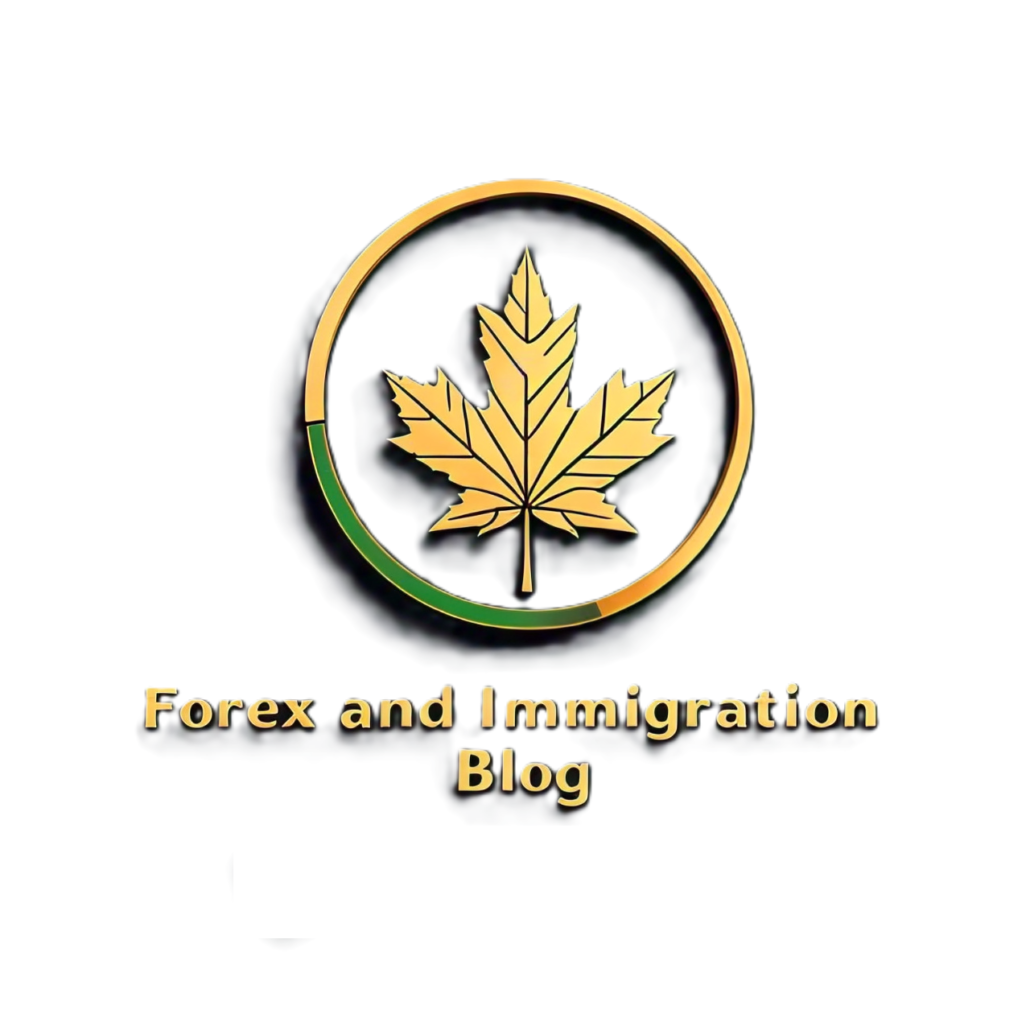Canada proposes three new occupational classes for Categorical Entry in 2026…
The Canadian federal authorities is contemplating creating new Categorical Entry classes for senior managers, scientists and researchers, and army private, which might make it simpler for international nationals in these professions to acquire Canadian everlasting residence.
Immigration, Refugees, and Citizenship Canada (IRCC) listed these three classes of their submit in search of public session, printed on the federal government of Canada’s web site.
Get a Free Categorical Entry Evaluation
The potential new classes are being thought-about for launch in 2026 in Categorical Entry, the federal authorities’s utility administration system which is used to find out which international nationals get the chance to use for everlasting residence.
The federal government has not introduced when any additional particulars can be shared about its resolution on the proposed new classes. The general public session is open till September three, 2025.
Potential new classes
Management
IRCC has proposed the launch of a brand new class aimed toward attracting senior managers to Canada.
Within the posting for session, the federal government defines senior managers “extremely expert staff who oversee the operations of an organization or group and who lead a workforce of workers.”
In line with IRCC, introducing this class might deliver contemporary views, speed up digital transformation, improve productiveness, and contribute to organizational objectives.
The division means that attracting candidates in senior positions might “increase the nation’s competitiveness and advance financial progress and prosperity.”
Analysis and innovation
IRCC can also be contemplating prioritizing the number of sure researchers and scientists.
The division believes that scientific analysis and innovation can improve productiveness and efficiency, and “stimulate financial progress.”
The session doc didn’t specify which forms of researchers and/or scientists could be prioritized.
Nationwide safety and defence
IRCC can also be contemplating supporting the Canadian Armed Forces by prioritizing the number of extremely expert army recruits from allied international locations.
What else is Canada contemplating for category-based choice in 2026?
As per the consultations assertion put out by IRCC, the category-based choice in 2026 may even see a number of the similar classes as in 2025.
Francophone immigration
Francophone immigration will doubtless stay a precedence, outdoors Quebec.
Canada’s 2025–2027 Immigration Ranges Plan units targets for French-speaking everlasting residents outdoors Quebec at eight.5% in 2025, 9.5% in 2026, and 10% in 2027.
Consistent with these goals, IRCC is contemplating preserving Francophone immigration as a precedence class for choice in 2026.
Sectors going through long-term labour shortages
In response to ongoing expert expertise shortages, IRCC is proposing to take care of its concentrate on the next sectors:
- Healthcare;
- Expert trades (together with development occupations that may assist deal with housing wants);
- Schooling;
- STEM; and
- Agriculture and agri-food
These sectors are already a part of the 2025 Categorical Entry category-based choice.
IRCC will proceed to gather suggestions from stakeholders. It is usually listening to sectors with acute labour scarcity gaps relating to whether or not Categorical Entry ought to concentrate on expertise already in Canada versus abroad.
Impression on worldwide college students
Categorical Entry classes are used to tell the sphere of research necessities for Submit-Commencement Work Allow (PGWP) eligibility for graduates of non-exempt postsecondary packages.
That is achieved via subject of research necessities that have been first launched in 2024 to assist align worldwide college students with Canada’s labour market wants.
In the meanwhile, there are 119 fields of research eligible for a PGWP, whereas 178 have been faraway from eligibility earlier this 12 months.
Adjustments to Categorical Entry classes might additionally lead to changes to Canada’s subject of research eligibility in 2026. IRCC has acknowledged that they may make the subsequent announcement on PGWP-eligible fields of research in early 2026.
Graduates of bachelor’s, grasp’s, and doctoral packages are exempt from subject of research necessities.
What’s category-based choice?
Class-based choice attracts have been launched in 2023 to fill labour market gaps by specializing in Categorical Entry candidates with particular in-demand abilities or language talents. The Categorical Entry choice classes are revised yearly to make sure this system stays conscious of evolving labour market wants.
In 2025, IRCC introduced the next as its Categorical Entry classes:
- French language proficiency.
- Healthcare and social providers.
- Agriculture and agri-food occupations.
- STEM.
- Trades occupations.
- Schooling (newly added this 12 months).
Of those, the precedence classes are French-language proficiency, Healthcare and social providers, Trades occupations, and schooling occupations.
This technique permits IRCC to challenge Invites to Apply (ITAs) to candidates who meet particular class standards, alongside basic attracts and program-specific rounds for the Canadian Expertise Class (CEC) and Provincial Nominee Program (PNP).
The Complete Rating System (CRS) rating for category-based choice rounds are sometimes decrease than that of basic or CEC attracts.
For instance, the newest CEC draw had a CRS cut-off of 534 whereas the newest healthcare and social service occupations draw had a cutoff of 475, giving eligible healthcare professionals a bonus in receiving an ITA for everlasting residence.
Get a Free Categorical Entry Evaluation




Leave a Reply
Want to join the discussion?Feel free to contribute!